Course Description & Goals
Costume design is often overlooked in the filmmaking process, yet it plays a critical role in defining character, identity, and visual storytelling. This workshop introduces costume design as a powerful tool in narrative cinema, with a focus on short films but with principles that apply to projects of any scale.
Through research, illustration, mood boards, and hands-on collaboration, students will learn how to bring characters to life through wardrobe, working alongside other key departments such as cinematography and production design. The goal is to provide practical knowledge and artistic insight into integrating costume into every stage of film production.
Character & Story: Laying the Foundations
The workshop begins by exploring the basics:
- What is the true role of costume in film?
- How is it different from fashion design?
- How does clothing reflect who a character is, their background, lifestyle, income, and life before the script begins?
- Where is the story set, and how does that affect wardrobe?
Students will be introduced to research techniques for costume design, learning how to discover and reflect a character’s identity through clothing choices. Authenticity is key—this phase focuses on creating real, believable people on screen.
Assignment
Research Challenge: “1900 to 2021”
Each group selects a specific date and location (e.g., May 26, 1952 in Cairo), and designs the look of a full family (mother, father, child), including hair and makeup. The results will be presented and defended in class.
Visual Language: Color, Composition & Collaboration
This section explores how costume interacts with the rest of the frame:
- Understanding and creating color palettes by character, scene, and story
- Using pattern vs. solid fabrics
- Composition and balance within the frame
- Working effectively with the cinematographer and production designer
The class also reads a script aloud, analyzing it for visual and character clues. This collaborative analysis deepens understanding of how costume design supports narrative themes.
Assignment
Research Challenge: “1900 to 2021”
Each group selects a specific date and location (e.g., May 26, 1952 in Cairo), and designs the look of a full family (mother, father, child), including hair and makeup. The results will be presented and defended in class.
Visual Language: Color, Composition & Collaboration
This section explores how costume interacts with the rest of the frame:
- Understanding and creating color palettes by character, scene, and story
- Using pattern vs. solid fabrics
- Composition and balance within the frame
- Working effectively with the cinematographer and production designer
The class also reads a script aloud, analyzing it for visual and character clues. This collaborative analysis deepens understanding of how costume design supports narrative themes.
Assignment
Students will write character biographies, break down a short screenplay, and create a color palette for each main character.
Telling Stories Visually: Illustration & Mood Boards
Students begin developing their costume designs through sketches and mood boards. Illustration is introduced not just as an artistic tool, but as a way to communicate ideas clearly with directors, actors, and crew. They will learn various styles of costume illustration and how to develop visual references for tone, era, and setting.
Assignment
- Create rough sketches for each costume change per character
- Develop mood boards for each character and their environment






Enhancing the Visuals: Fabric, Texture & Finishing Touches
This phase is about refining the design:
- Adding color, texture, and accessories to illustrations
- Exploring fabric types, sourcing techniques, and swatches
- Testing how the looks work together on screen
- Evaluating consistency and believability of the wardrobe choices
Students present updated sketches, mood boards, and fabric references sourced online.
Case Study Film Screening
To reflect on theory in practice, the class will watch a feature film (previously: Judy) and discuss its costume design. What worked? What didn’t? Why were specific choices made?
Finalizing the Design Process
This section recaps the costume design journey from script to screen:
- Flowcharts covering pre-production, production, and wrap
- Overview of the costume department: roles, stock, budgeting, and transportation
Students present their full design projects in a gallery-style critique, reflecting on what worked and what could be improved.
Individual Project Consultations
Each participant meets with Reem to discuss their character designs and thought process. This is an opportunity to get direct feedback on artistic direction and interpretation.
Final Projects & Presentation
Students finalize their designs, incorporating all research, sketches, fabrics, and mood boards into a cohesive presentation. Final critiques take place in the last session, giving everyone a chance to showcase their creative growth and design process.
About Reem
Reem El Adl is an award-winning costume designer renowned for her work across film, television, and theater. Her credits span acclaimed films such as Nawara, Clash, Sheikh Jackson, Ext. Night, The Guest, Abu Saddam. In television, she has designed for major series like Wahat El Ghoroub, Segn El Nesa, Fi Kol Esbou’ Youm Gomaa, Be Tolou’ El Rouh, Wesh W Dahr, Taht El Wesaya, and The Giza Killer. Her work in theater includes costume designs for the musicals Coco Chanel and Charlie. El Adl’s artistry has earned her numerous awards, including Best Costume Designer from the Annual Film Society Festival and the Egyptian National Film Festival. She has also served as a jury member at the Cairo International Film Festival and the Alexandria Short Film Festival. Most recently, her designs were featured in The Inevitable Journey to Find a Wedding Dress, now streaming on Shahid, with upcoming projects including Abu Bakr Shawky’s The Stories and Mohamed Diab’s Lion.
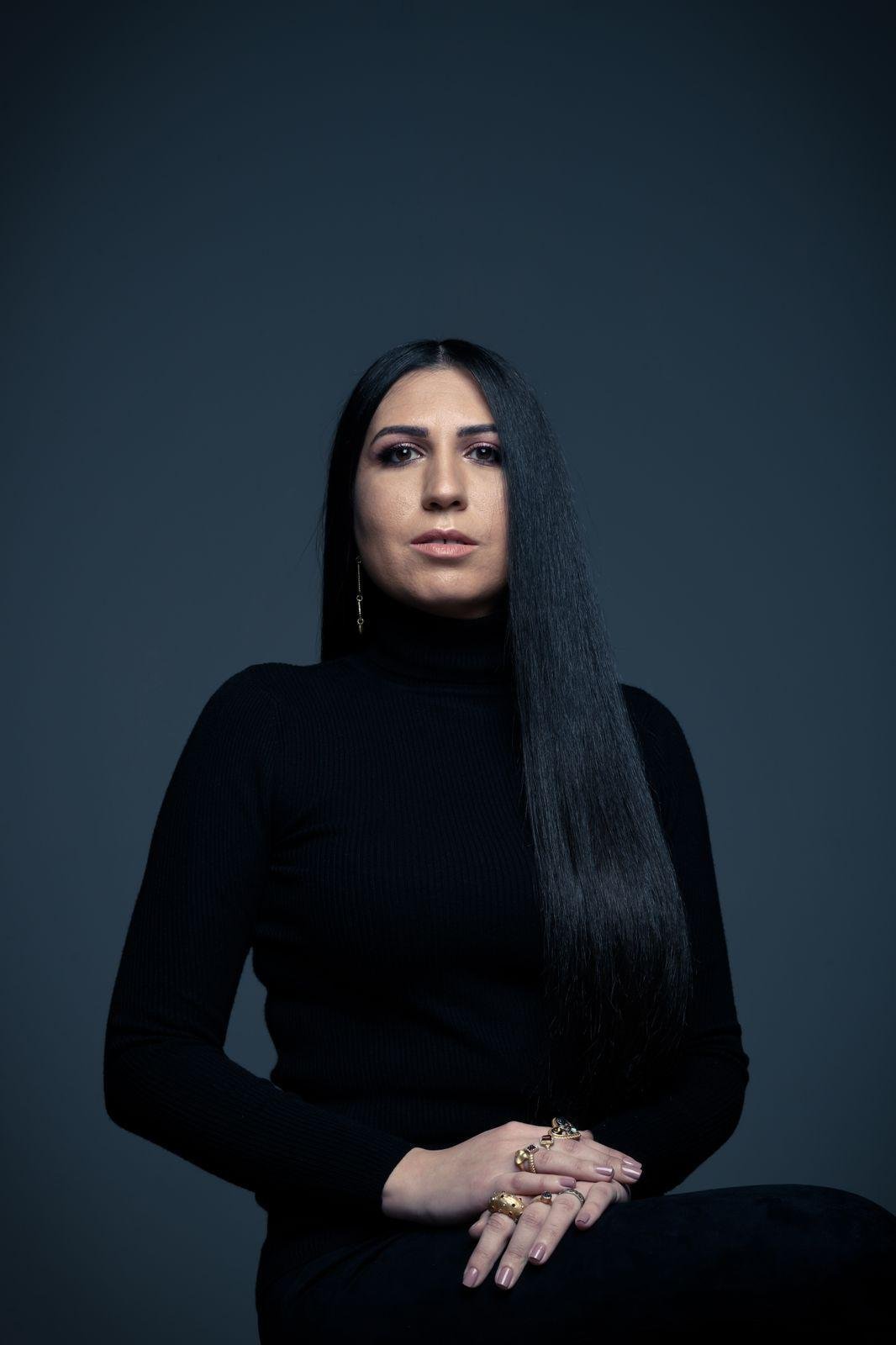
Reem's Works
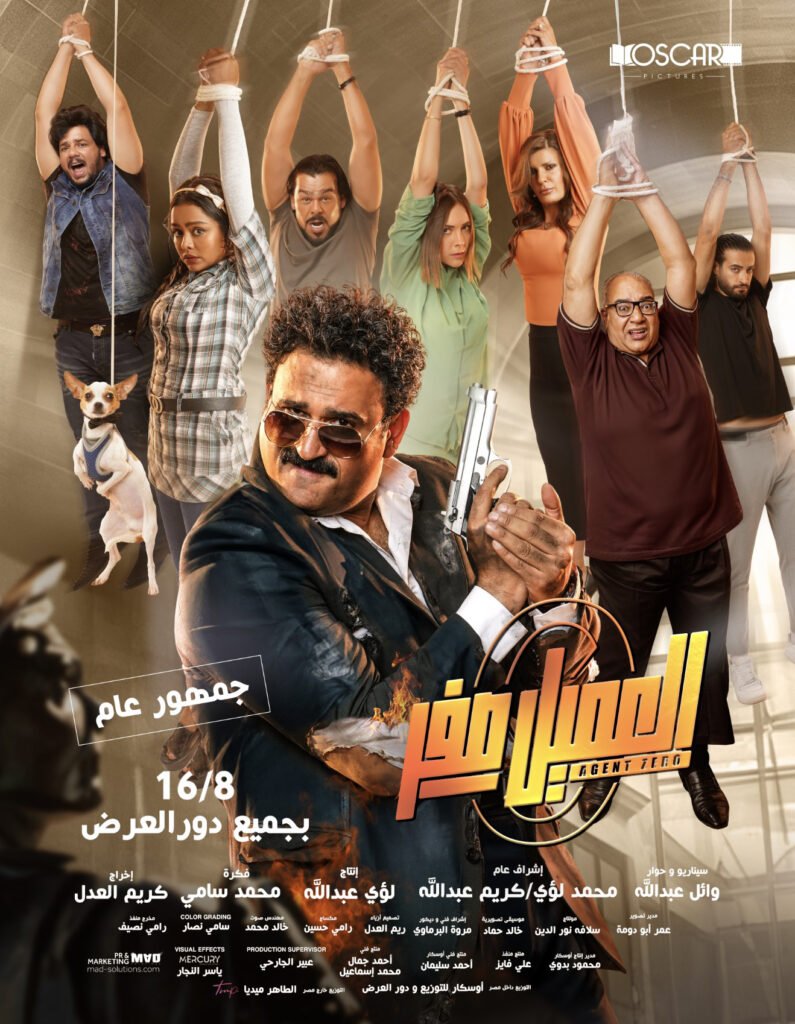
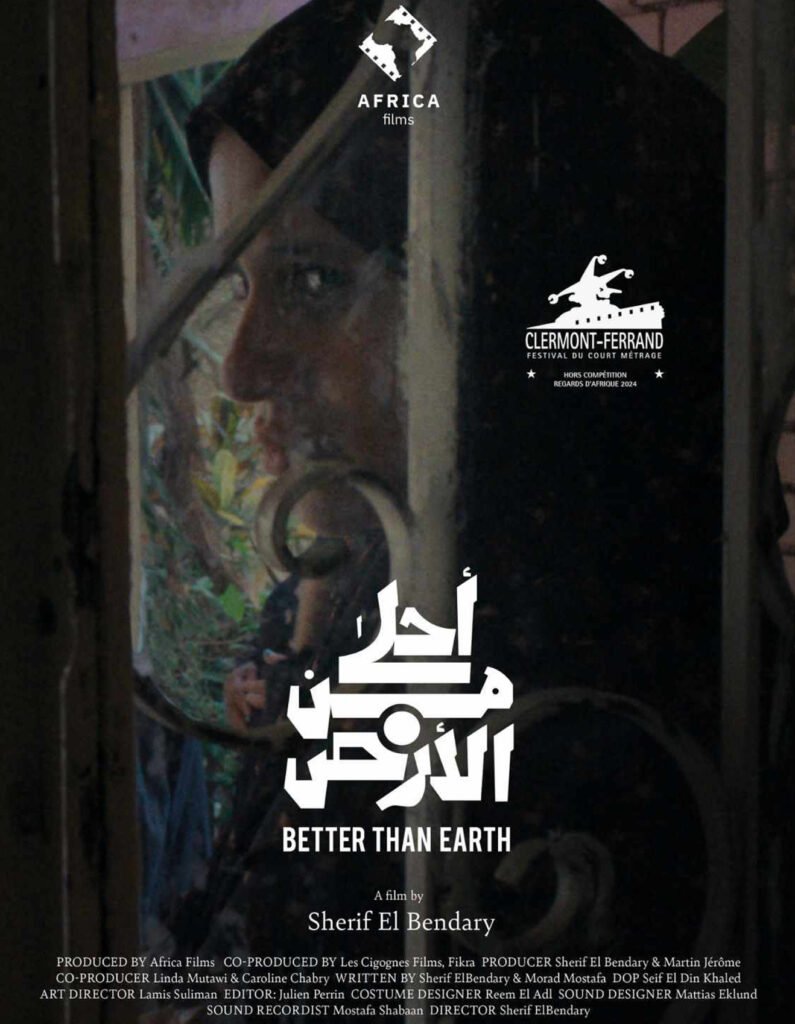
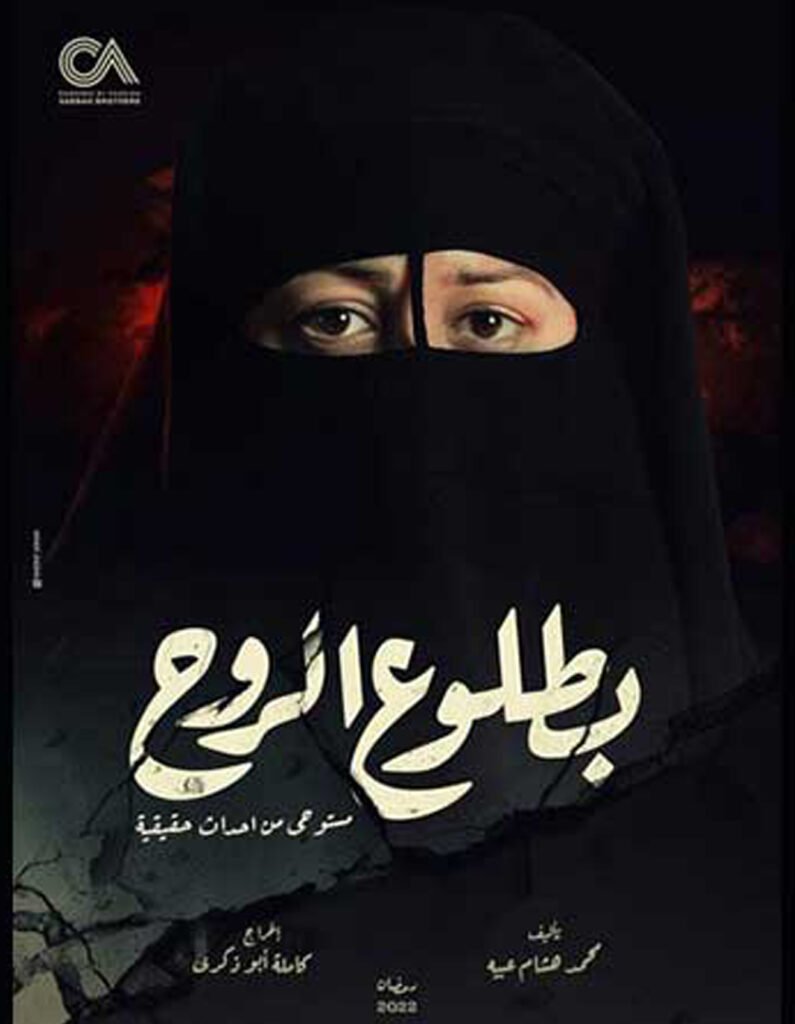
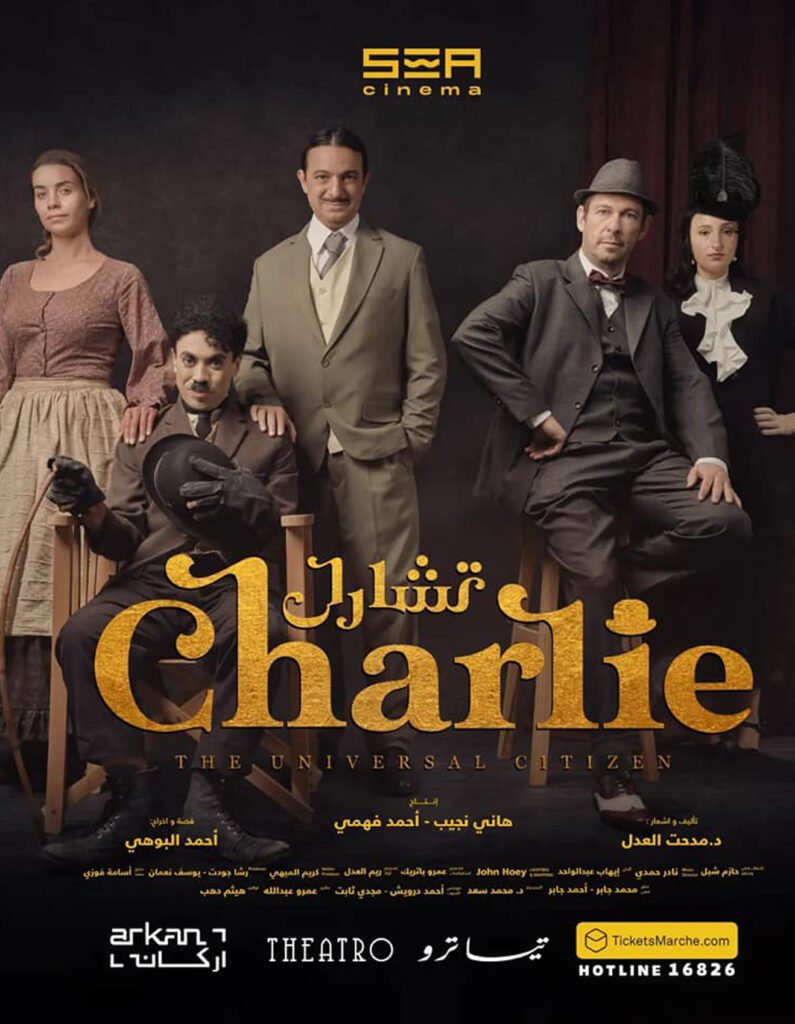
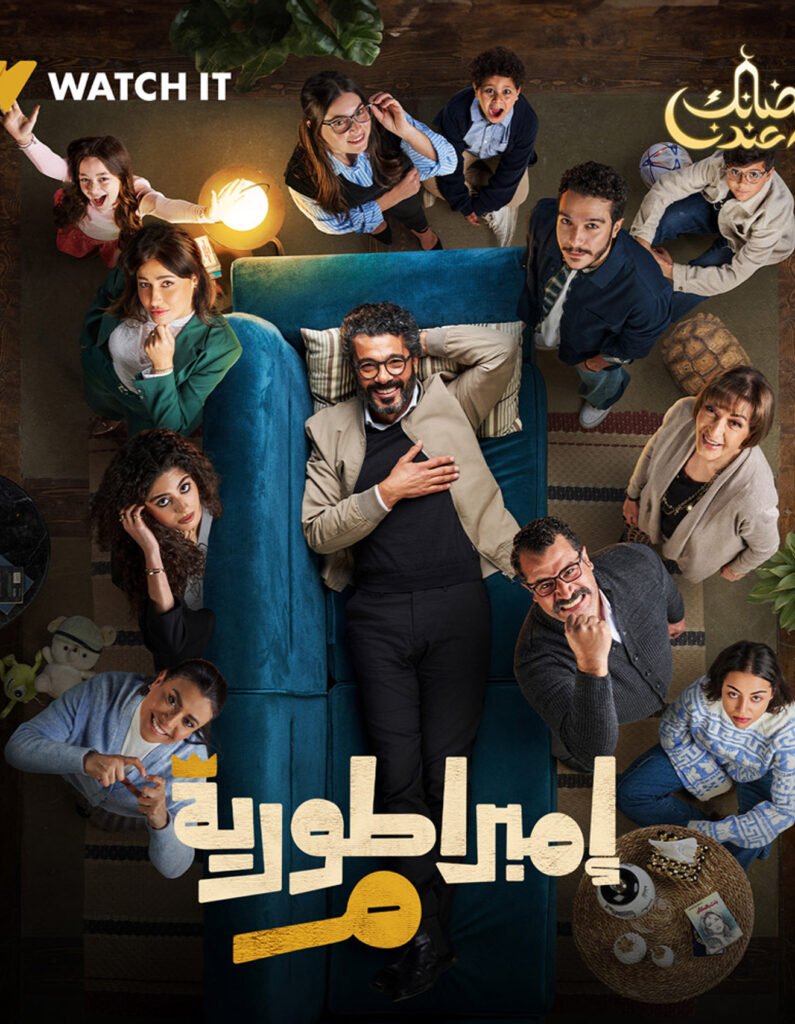
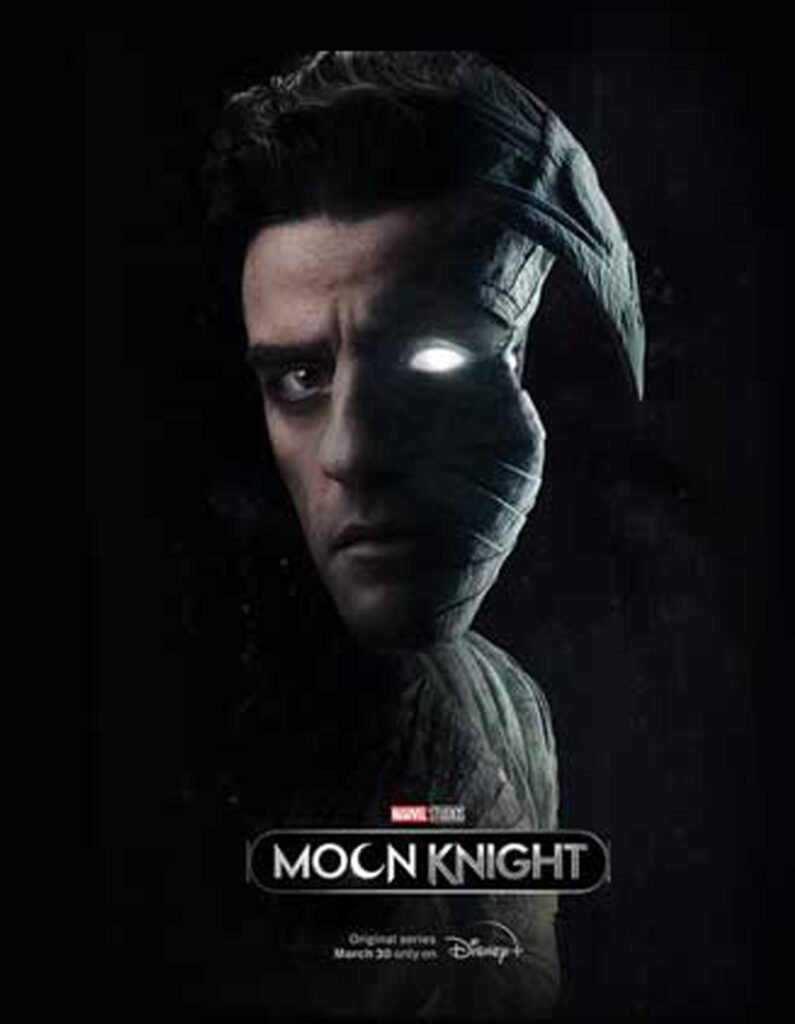
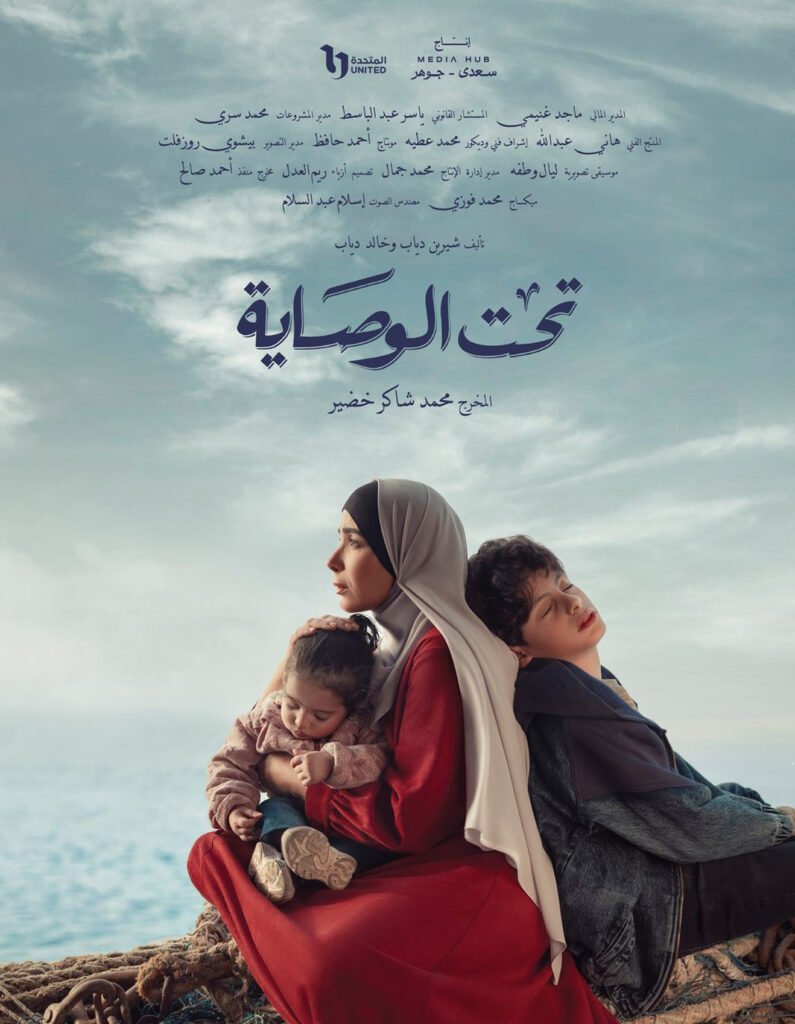
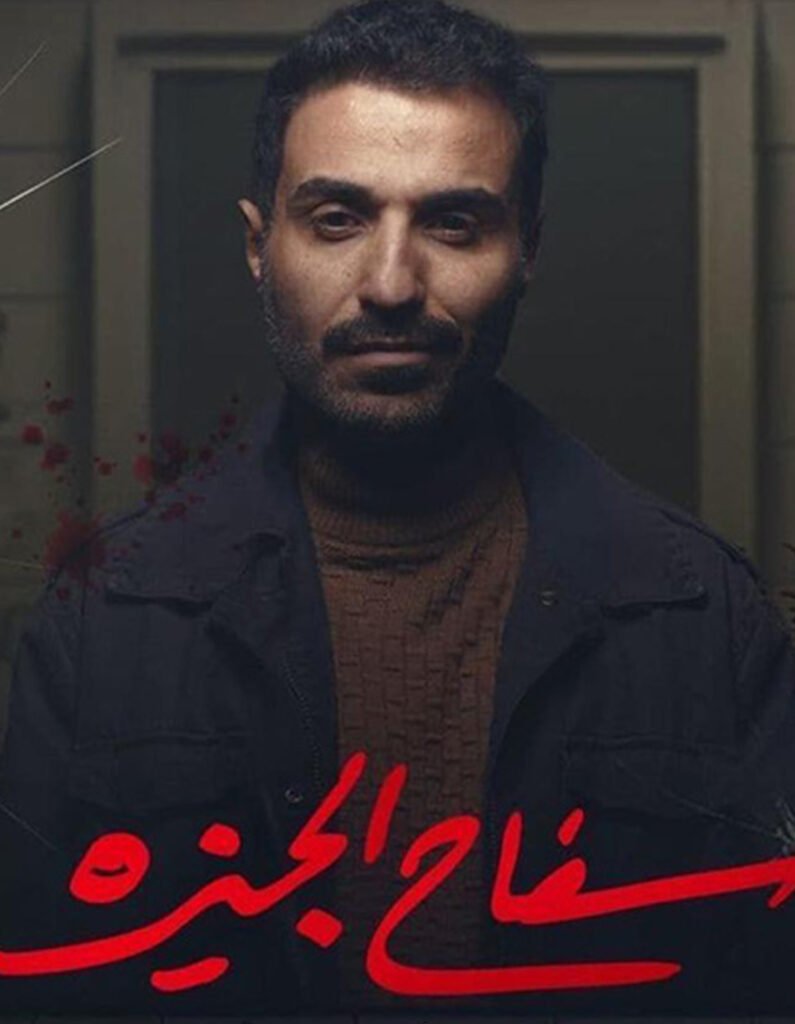
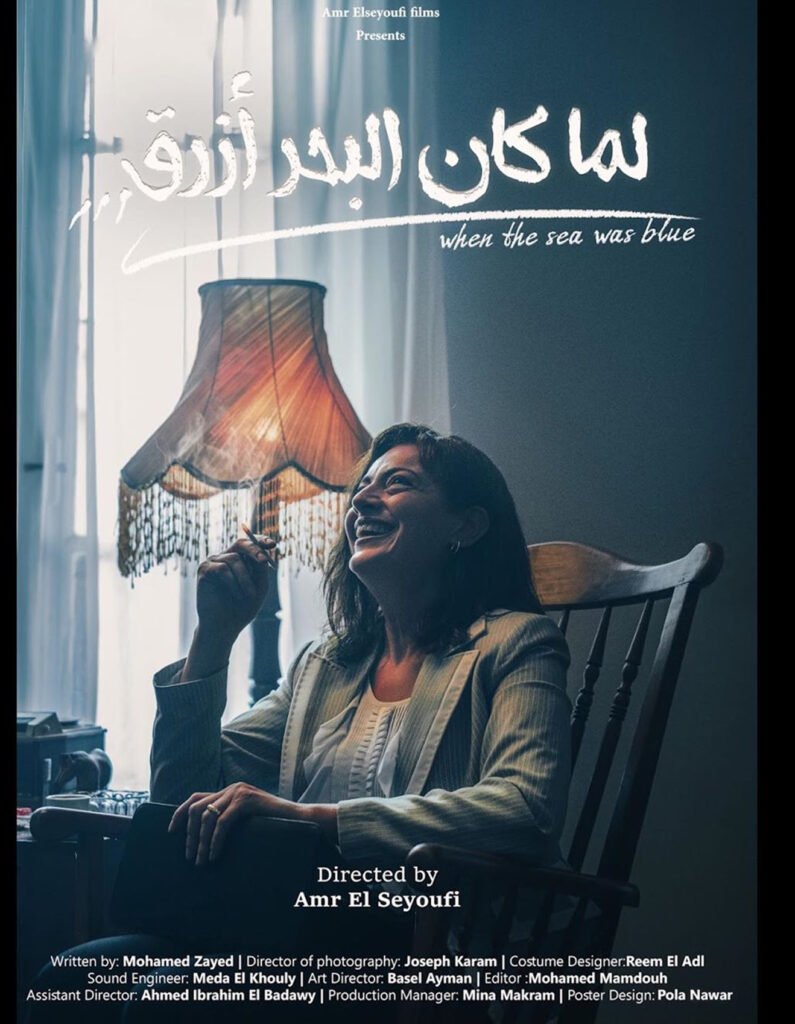
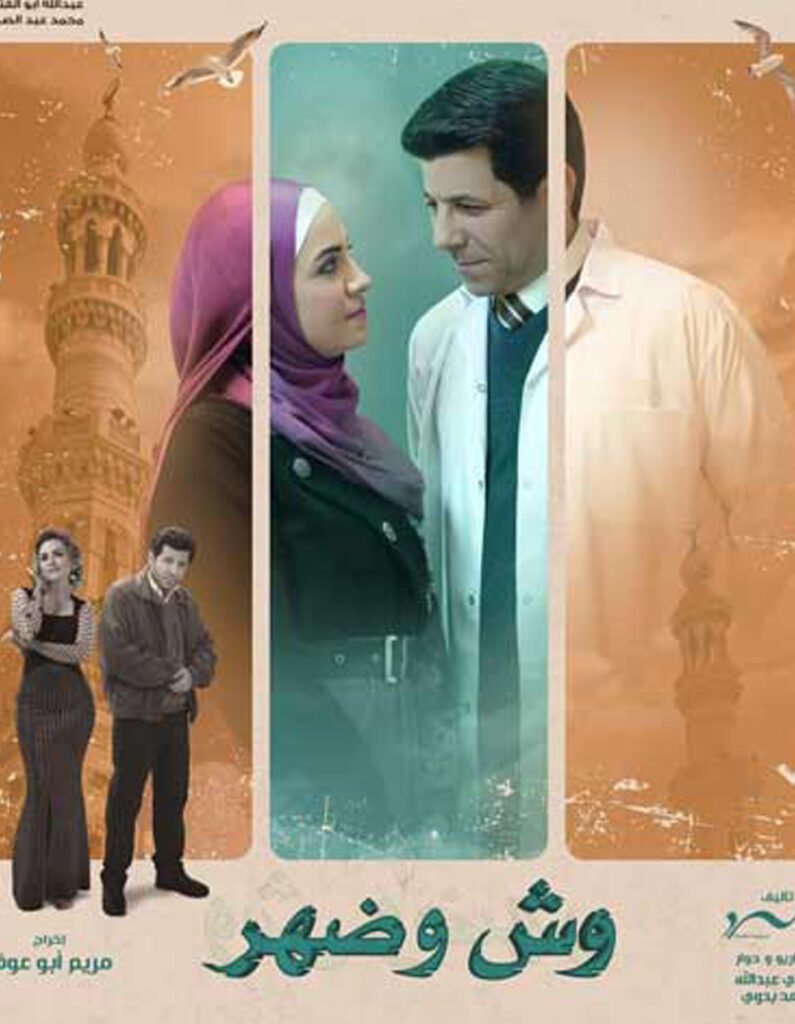
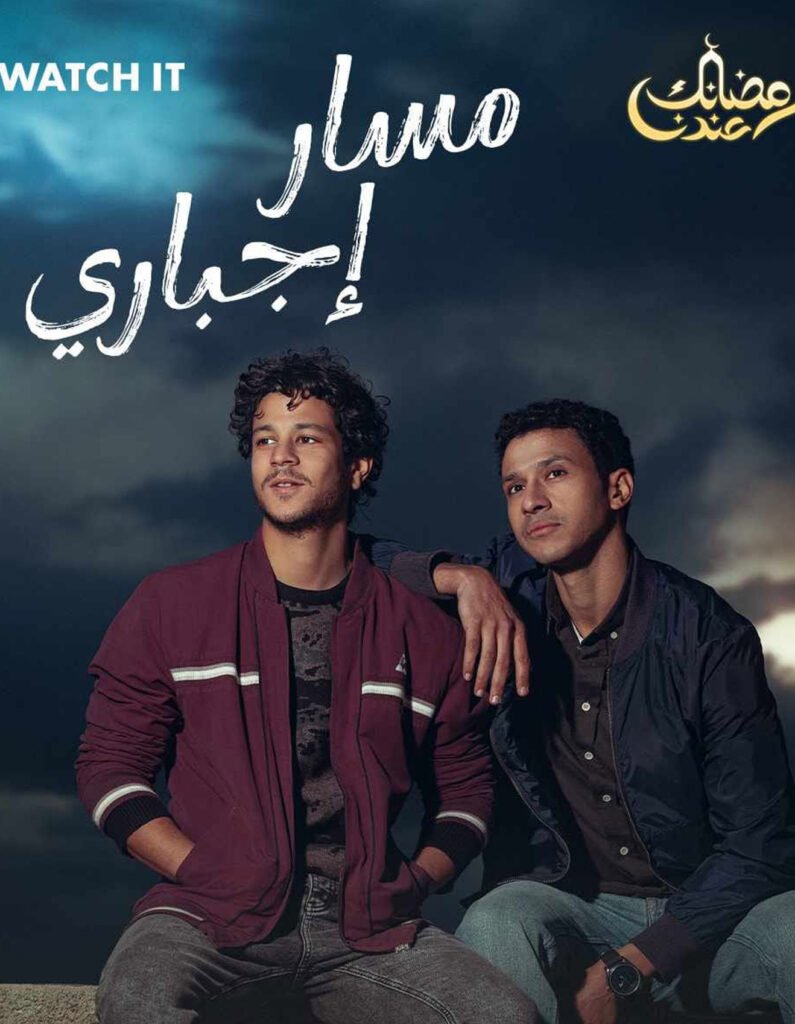
More Information
Duration
- Number of sessions: 8 Sessions
Fees
- 24000 EGP
Venue
Sheikh Zayed
Date and Time
- Saturday: April 4, 11, 18, 25, 2026
- Wednesday: April 8, 15, 22, 29, 2026
Refund Policy
- Participants are eligible for a full refund of the paid fees until March 10, 2026. Please note that after this date, no refunds will be permitted under any circumstances, as final logistical arrangements and seat allocations will have been completed
